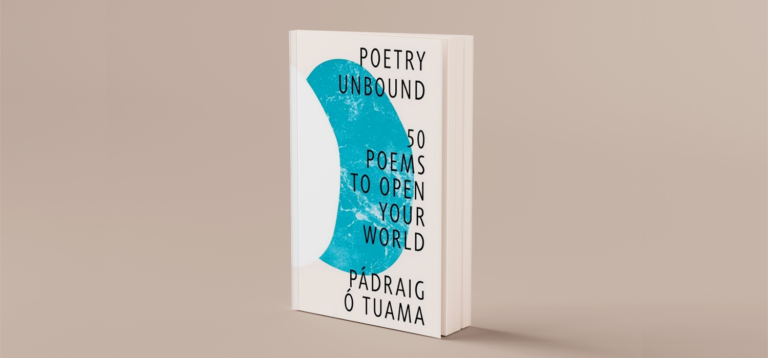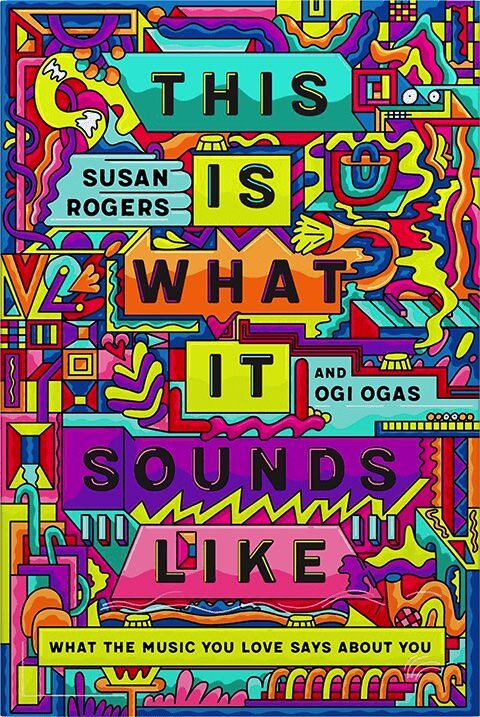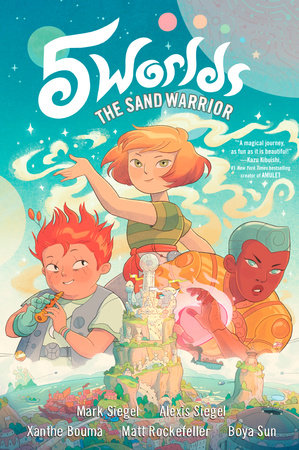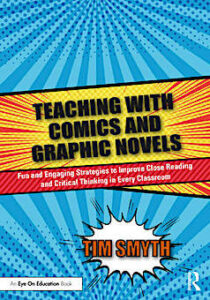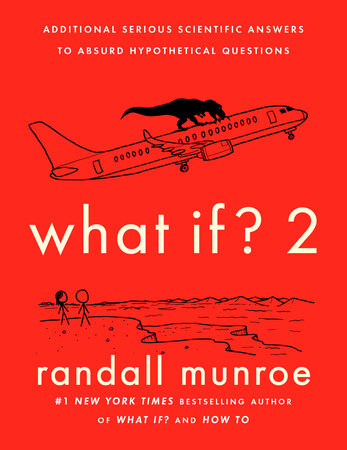:quality(70)/cloudfront-us-east-1.images.arcpublishing.com/tronc/UOHWDEELHFGCVPBZRVM5LJCPAU.jpg)
Novelist Peng Shepherd pulls a nice trick with her book – The Cartographers — in that she maintains elements of mystery and surprise in a book that has a single old map at the center of the story. Even as a lover of maps, I didn’t think a single map could fuel an entire story. But here, it does.
And I won’t give the story away, but The Cartographers is an engaging tale that begins with a suspicious death, the discovery of an old road map with an odd marking, and a threading of a deep backstory into the present, all the while keeping a focus on Nell, the main character at the heart of the story. Nell’s father’s death is the event that sparks the tale, but it is also her search for her mother, or a memory of her mother, that propels the plot.
There are plenty of twists and turns, and the writing keeps it all moving forward. Focusing in on a collection of characters with a love of maps — from the old, dusty troves of ancient maps to a modern, algorithmic software program — Shepherd allows us to see how powerful maps can be on our imagination, and our perceptions of reality (or misperceptions, too).
It would give the main story away to share Peng Shepherd’s Author’s Notes at the end of the book, but the story she tells there of a real event that inspired her thinking about this fictional story is really quite fascinating — it’s a story of a map that signaled one thing, only to lead to something else altogether, where the map became a path forward in a place that was never real, until it was.
The Cartographers was a fun, lively read.
Peace (off the edge),
Kevin


